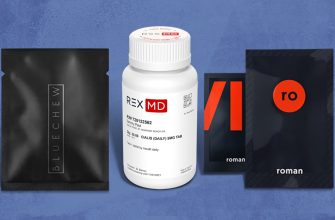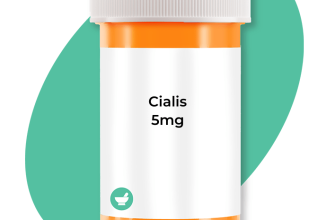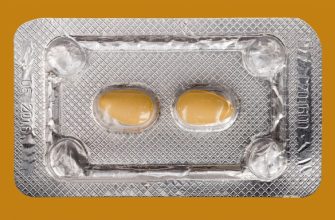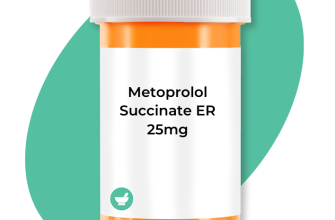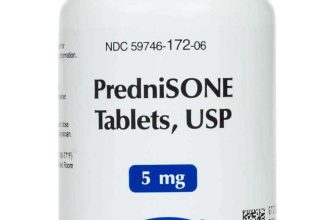Consult your doctor before starting Aldara treatment. This cream requires a prescription.
- Understanding Aldara
- Application Technique
- Managing Side Effects
- Treatment Duration
- Contraindications and Precautions
- Follow-Up Appointments
- Results and Expectations
- Seeking Further Information
- Interactions with Other Medications: Important Considerations
- Specific Interactions to Note
- Reporting Adverse Reactions
- Seeking Professional Guidance
Understanding Aldara
Aldara (imiquimod) is a topical cream used to treat certain skin conditions. It works by stimulating your immune system to fight off the affected cells. Common uses include genital warts and actinic keratoses (precancerous skin lesions). It’s crucial to understand that Aldara isn’t a quick fix; consistent application is key.
Application Technique
- Wash and thoroughly dry the affected area before applying a thin layer of Aldara.
- Apply a pea-sized amount, ensuring even coverage. Avoid getting Aldara in your eyes or on healthy skin.
- Apply the cream once daily, usually at bedtime.
- Wash your hands immediately after application.
Managing Side Effects
Aldara often causes skin irritation at the application site. This is normal and usually temporary. Common side effects include redness, swelling, itching, burning, and dryness. These usually improve after stopping treatment. However, severe reactions require immediate medical attention. Your doctor can provide guidance on managing these side effects.
Treatment Duration
The duration of treatment varies depending on the condition and your individual response. Typically, treatment lasts for several weeks, but your doctor will provide a specific treatment plan.
Contraindications and Precautions
You should not use Aldara if you’re allergic to imiquimod or any of its ingredients. Women who are pregnant or breastfeeding should avoid using Aldara unless specifically instructed by their doctor. Inform your doctor about any other medications you are taking before commencing Aldara treatment.
Follow-Up Appointments
Regular follow-up appointments with your dermatologist are vital to monitor your progress and ensure the treatment is effective. Your doctor will assess your response and adjust the treatment plan accordingly.
Results and Expectations
Aldara’s effectiveness varies. Some patients see significant improvement, while others experience minimal results. Be patient, and remember to follow your doctor’s instructions diligently. Consistent use and regular check-ups significantly improve your chances of success.
Seeking Further Information
Always consult your healthcare provider for personalized advice and treatment options.
Interactions with Other Medications: Important Considerations
Always inform your doctor or pharmacist about all medications you are taking, including over-the-counter drugs, supplements, and herbal remedies. This includes prescription drugs, vitamins, and even seemingly innocuous products. Imiquimod, the active ingredient in Aldara, can interact with other medications, potentially altering their effectiveness or increasing the risk of side effects.
Specific Interactions to Note
Retinoids: Combining Aldara with retinoids (like tretinoin or isotretinoin) can increase skin irritation. Use caution and discuss this combination with your dermatologist.
Immunosuppressants: If you’re taking immunosuppressants, Aldara’s impact on your immune system may need careful monitoring. Your doctor will assess the risks and benefits of concurrent use.
Topical Steroids: Applying topical steroids concurrently may reduce Aldara’s effectiveness. Avoid using them on the same area of skin without consulting your healthcare provider.
Reporting Adverse Reactions
Report any unusual side effects or changes in your skin to your doctor immediately. This proactive approach helps ensure safe and effective treatment. This includes things like increased redness, swelling, blistering, or unusual pain.
Seeking Professional Guidance
Before starting Aldara, or if you’re already using it and considering adding another medication, always consult your doctor or pharmacist. They can help assess potential interactions and adjust your treatment plan as needed to minimize risks and maximize benefits.


